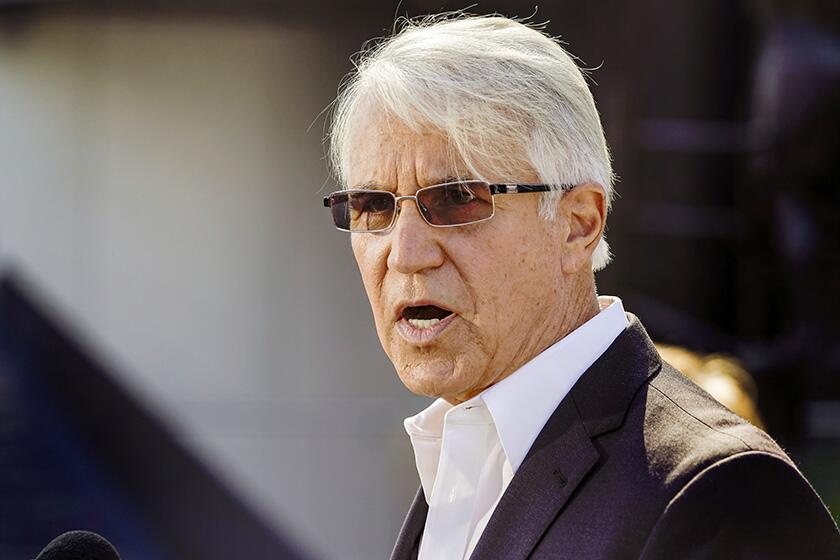Paraguay’s ‘legal’ coup
In the bad old days, tanks on the streets and gunshots were the telltale signs of a Latin American coup d’etat. But the recent rush by Paraguayan lawmakers to impeach President Fernando Lugo has rightfully raised concern of a new kind of “constitutional coup” that threatens the region’s fragile moves toward democracy and civilian rule.
Lugo was swept into office in 2008, bringing an end to six decades of one-party rule and promising to enact agrarian reform and help the poor. Four years later, however, little had changed. The Congress, controlled by the Colorado Party, which supported the brutal 35-year dictatorship of Gen. Alfredo Stroessner, blocked most of the president’s initiatives. As a result,Paraguay’s most serious troubles were never addressed. More than 70% of the arable land remains in the hands of just 2% of the population. And the country’s reputation as a haven for contraband and smugglers persists.
Whether Lugo’s “poor performance of his duties” was really an impeachable offense is unclear. Paraguay’s constitution certainly allows lawmakers to remove a president who fails to do a good job, but only after a fair trial. He didn’t get one. Lugo — who was not eligible to run for reelection and who had only nine months left in his term — was charged, tried and thrown out of office in less than 24 hours. His request for additional time to mount an adequate defense was denied. Instead, he was given two hours to respond to myriad charges, including allegations that his administration mishandled a clash between police and peasants that left 17 people dead.
Paraguay’s lawmakers insist that their goal was to restore order to an out-of-control country. Yet that’s hardly the result they’ve achieved. By railroading Lugo, the legislature succeeded only in igniting a political crisis at home and abroad. The Mercosur trade bloc and the Union of South American Nations have suspended Paraguay. The executive secretary of the Inter-American Commission on Human Rights, Santiago Canto, has denounced Lugo’s ouster as a coup and a “travesty of justice.” And the Organization of American States is expected to issue a report Monday that could further isolate the country.
Now that Lugo has conceded he won’t return to office, the best hope for Paraguay is a regional effort to ensure a peaceful and democratic transfer of power in the election in April. The U.S., which has been noticeably silent on the abrupt change of leadership, should back efforts by other Latin American leaders to achieve that.
The larger point, however, is that impeaching a president without due process is unjust, and what happened to Lugo should serve as a strong reminder that Latin America’s nascent democracies remain all too weak.
More to Read
A cure for the common opinion
Get thought-provoking perspectives with our weekly newsletter.
You may occasionally receive promotional content from the Los Angeles Times.










